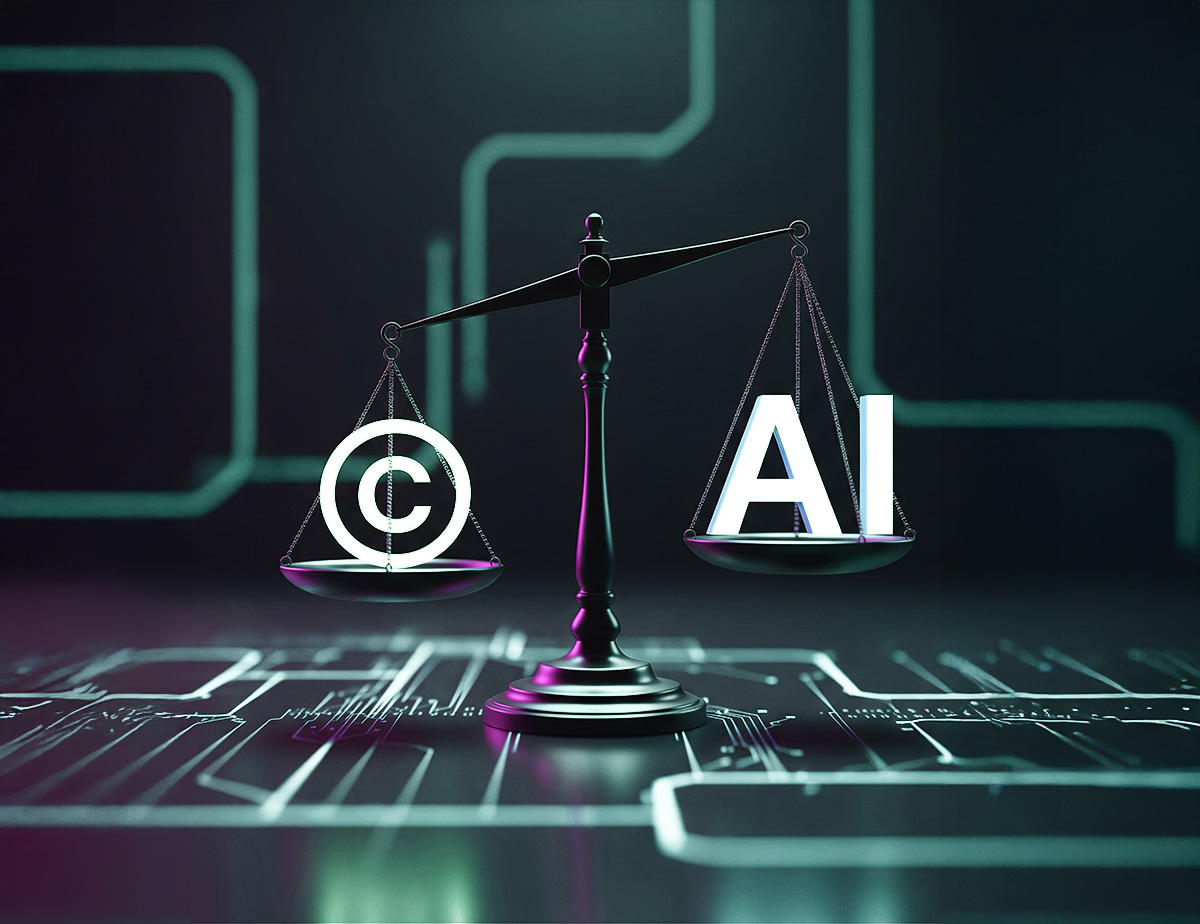Join our newsletter



The rules of intellectual property are being rewritten in real-time. Here's what enterprises need to know about navigating AI copyright challenges while building a competitive advantage.
Big Tech is playing a game of copyright roulette, and the house always wins. While OpenAI and Google lobby for blanket "fair use" exemptions on copyrighted training data, creators are left holding the bag. But this isn't just about artists getting paid, it's about how enterprises navigate intellectual property in an AI-first world.
Here's where it gets interesting. Google dropped $12.5 billion on Motorola's patent portfolio in 2011, yet argues that using copyrighted creative works for AI training should be free. The math doesn't add up, and neither does the logic.
When the EU demanded transparency around training datasets, major AI companies simply refused. If your models are trained ethically, why hide the data sources? This opacity creates compliance nightmares for enterprises trying to deploy AI responsibly.
Stanford's Copyright & Fair Use Center defines fair use as creating "new information, new aesthetics, new insights, and understandings." The keyword: transformative.
Using copyrighted content to train AI models doesn't transform anything. It simply digests existing work to fuel algorithms. There's no commentary, no criticism, no new creative output, just data ingestion at scale.
The recent Studio Ghibli controversy illustrates this perfectly. AI-generated trailers mimicking decades of artistry aren't transformative, they're derivative. Yet Sam Altman publicly celebrated the feature that made it possible.
For companies implementing AI solutions, this copyright chaos creates real operational risk. Every model deployment becomes a potential intellectual property minefield. We've seen enterprises pause AI initiatives not because the technology isn't ready, but because the legal framework isn't.
Smart organizations are already building copyright-conscious AI strategies. They're asking the right questions:
The copyright wars reveal something deeper about AI adoption. Companies that treat AI as a black box will struggle. Those who understand data provenance, model transparency, and ethical training will build a sustainable competitive advantage.
We're seeing clients implement AI governance frameworks that go beyond compliance. They're creating systems that track data lineage, ensure model explainability, and maintain ethical standards, not because they have to, but because it's good business.
Innovation doesn't require breaking existing rules. Spotify figured out how to pay artists while building a platform. AI companies can do the same with creators. The technology exists to track usage, attribute sources, and distribute payments at scale.
For enterprises, the lesson is clear: build AI strategies that assume copyright enforcement will get stronger, not weaker. Companies that prepare for a more regulated AI landscape will outperform those banking on legal loopholes.
The future belongs to organizations that can innovate within constraints, not despite them. Because in the end, sustainable AI adoption isn't about finding workarounds, it's about building systems that work for everyone.